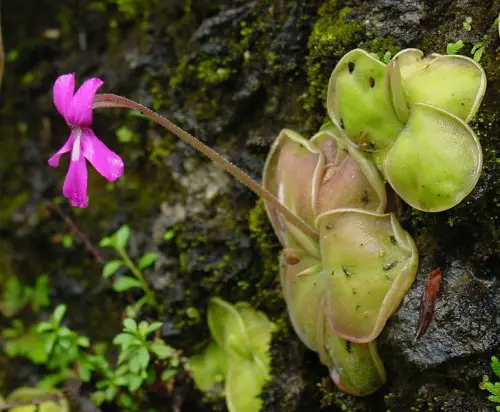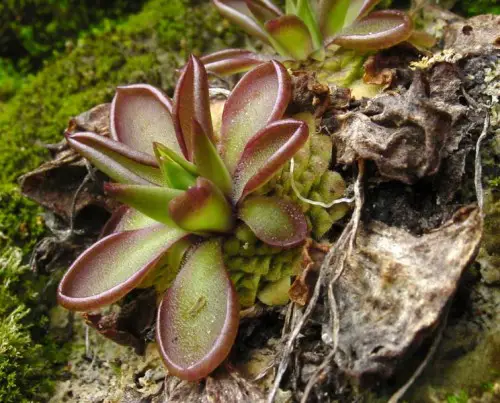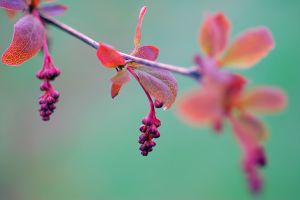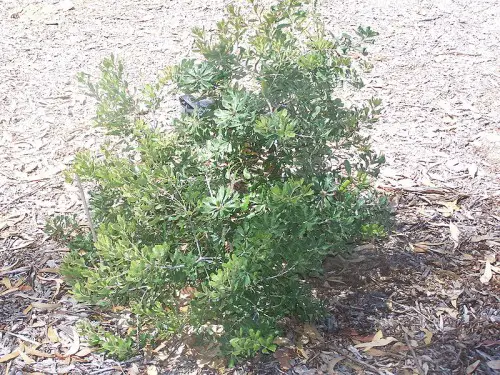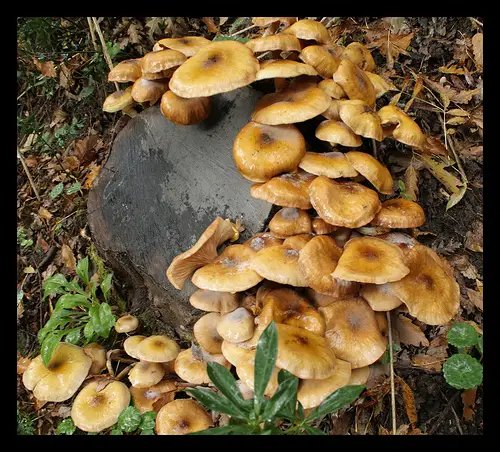Pinguicula moranensis
The Pinguicula moranesis is an insectivorous herb that is native to both Guatemala and Mexico. It is species of butterwort which innocently looks like summer rosettes. However, this sneaky little creature is actually carnivorous.
Humboldt and Bonpland first collected this species in the outskirts of Minda de Moran in Sierra de Pachuca, which is now the modern-day state of Hidalgo, Mexico. This was collected during their Latin American expedition which took place in 1799 – 1904. Its generic name, Pinguicula, comes from the Latin word fat (pinguis). This is due to the buttery texture that is on the carnivorous leaves’ surface. The specific epithet, moranesis, refers to the location it was found in, Mina de Moran.
This plant is a seasonally dimorphic plant, which means that it undergoes 2 different growth habits during the year. In the summer when there is lots of rainfall and insects to prey on, plants will form a ground-hugging rosette that consists of between 6 – 8 leaves. These leaves are carnivorous and have a large surface area that is densely covered with mucilagenous glands which attract, trap, and digest its prey which are mostly flies. These ‘summer leaves’ rare replaced with ‘winter rosettes’ which are small succulent leaves which are glandless until the dry season starts in October. This winter rosette allows the Pinguicula moranesis to become dormant during the winter until the first rainfall begins in May.
Flowers will be born upright twice during the year on both rosete types. This is actually a rare feature for Mexican plant species. These flowers will appear in June to September, and will disappear when the winter rosette appears.
Out of the entire genus Pinguicula, the Pinguicula moranesis is the most popular and most commonly cultivated. This is because it can easily be grown as a container plant, and it has large and pretty flowers. Growers will usually use an open soil mix that is composed of a combination of perlite, sand, peat moss, vermiculite, gypsum and/or decomposed granite. Soil should be kept well drained and watered regularly with only distilled water during the summer. The Pinguicula moranesis grows well under fluorescent lights, well-lit windowsills, and warm to hot greenhouses.
